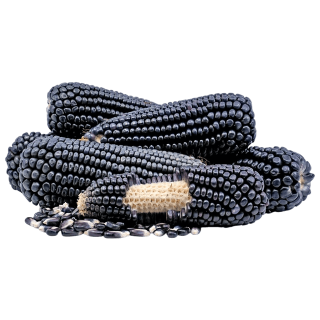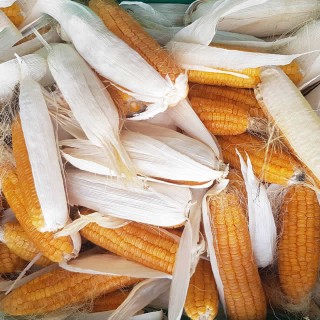Natural Cereals and Seeds
Natural agriculture is a form of sustainable agriculture that focuses on creating healthy soil and a balanced ecosystem. Natural agriculture does not use artificial fertilizers, chemical pesticides or genetically modified organisms (GMOs). Instead, natural processes are used to improve soil fertility and protect plants against diseases and pests.
Grain and Seeds in Natural Agriculture
Cereal crops and seeds are an important part of natural agriculture. Grain is used to produce bread, pasta, breakfast cereals, and other foods. In natural agriculture, a wide range of grain crops and seeds are grown, including wheat, rye, spelt, oats, barley, corn, millet, and buckwheat.
Natural cultivation methods for Grain and Seeds
In the natural cultivation of grain and seeds, a number of specific methods are used to improve soil fertility and plant health. These methods are based on the anthroposophical philosophy of Rudolf Steiner.
An important method is the application of preparations. Preparations are natural products used to fertilize the soil and protect plants against diseases and pests. The preparations are made from plant and animal materials, such as cow horns, tobacco leaves and nettles.
Another important method is crop rotation. Crop rotation means that the same crop is not grown on the same land every year. This helps to maintain soil fertility and reduce the risk of diseases and pests.
Benefits of natural grains and seeds
Natural grain and seeds have a number of advantages over conventionally grown grain. Natural grain is:
- Healthier. Natural grain contains more nutrients, such as protein, fiber, and antioxidants.
- More tasty. Natural grain has a fuller and richer taste.
- More environmentally friendly. Natural agriculture is better for the environment than conventional agriculture.
Natural grains and seeds are a healthy and tasty alternative to conventionally grown grains. They are grown with respect for nature and are better for the environment.


